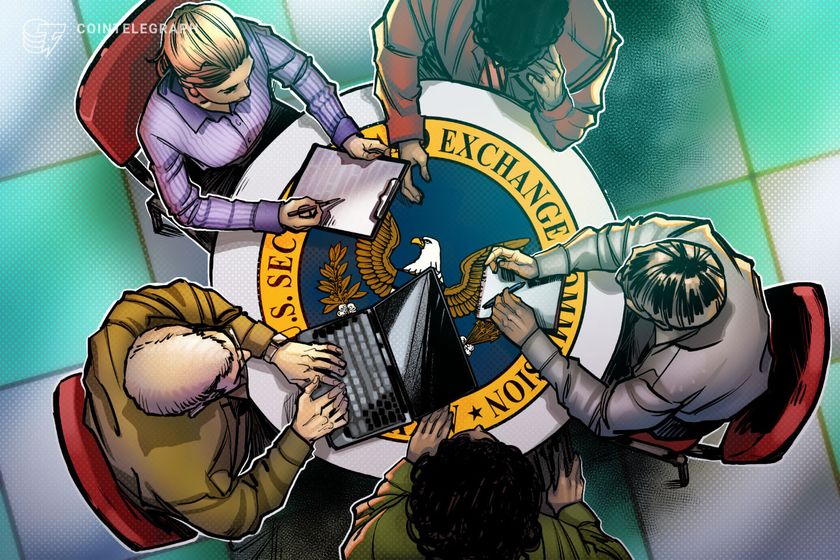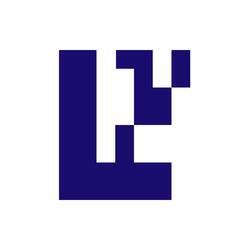

The US Securities and Exchange Commission (SEC) is considering rule changes to let companies more freely issue tokenized securities, SEC Commissioner Hester Peirce said in a speech published on May 8.
The regulator is “considering a potential exemptive order” for firms using blockchain technology to “issue, trade, and settle securities” that would release them from certain registration requirements, Peirce said in the speech.
For example, decentralized exchanges (DEXs) may no longer need to register “as a broker-dealer, clearing agency, or an exchange,” Peirce said. The SEC has previously brought numerous charges against DEXs such as Uniswap for failing to register as securities exchanges.
Firms should “not have to comply with inapt regulations, which, in many cases, were developed well before the technologies being tested existed and may be obviated by attributes of that technology,” Peirce said.
Under such an exemption, companies would still be expected to comply with rules designed to prevent fraud and market manipulation, the commissioner said. They may also need to meet certain disclosure and recordkeeping requirements.
Related: Nasdaq urges SEC to treat certain digital assets as ‘stocks by any other name’
Sharp policy pivot
The SEC has dramatically pivoted its stance on cryptocurrency oversight since US President Donald Trump took office in January.
Under the leadership of former SEC Chair Gary Gensler, the agency brought upward of 100 lawsuits against crypto firms for alleged securities law violations.
However, under Trump nominee Paul Atkins, who was sworn in as chair on April 21, the agency has claimed jurisdiction over a narrower segment of cryptocurrencies.
In February, the SEC issued guidance stating that memecoins — if clearly identified as purely speculative assets with no intrinsic value — do not qualify as investment contracts under US law.
In April, the regulator said that stablecoins — digital tokens pegged to the US dollar — similarly do not qualify as securities if they are marketed solely as a means of making payments.
Magazine: Ethereum is destroying the competition in the $16.1T TradFi tokenization race
The US Securities and Exchange Commission (SEC) is considering rule changes to let companies more freely issue tokenized securities, SEC Commissioner Hester Peirce said in a speech published on May 8.The regulator is “considering a potential exemptive order” for firms using blockchain technology to “issue, trade, and settle securities” that would release them from certain registration requirements, Peirce said in the speech.For example, decentralized exchanges (DEXs) may no longer need to register “as a broker-dealer, clearing agency, or an exchange,” Peirce said. The SEC has previously brought numerous charges against DEXs such as Uniswap for failing to register as securities exchanges. Firms should “not have to comply with inapt regulations, which, in many cases, were developed well before the technologies being tested existed and may be obviated by attributes of that technology,” Peirce said. Commissioner Peirce described the planned changes in a May 8 speech. Source: SECUnder such an exemption, companies would still be expected to comply with rules designed to prevent fraud and market manipulation, the commissioner said. They may also need to meet certain disclosure and recordkeeping requirements.Related: Nasdaq urges SEC to treat certain digital assets as ‘stocks by any other name’Sharp policy pivotThe SEC has dramatically pivoted its stance on cryptocurrency oversight since US President Donald Trump took office in January. Under the leadership of former SEC Chair Gary Gensler, the agency brought upward of 100 lawsuits against crypto firms for alleged securities law violations.However, under Trump nominee Paul Atkins, who was sworn in as chair on April 21, the agency has claimed jurisdiction over a narrower segment of cryptocurrencies.In February, the SEC issued guidance stating that memecoins — if clearly identified as purely speculative assets with no intrinsic value — do not qualify as investment contracts under US law. In April, the regulator said that stablecoins — digital tokens pegged to the US dollar — similarly do not qualify as securities if they are marketed solely as a means of making payments.Magazine: Ethereum is destroying the competition in the $16.1T TradFi tokenization race Cointelegraph.com News





















































































































